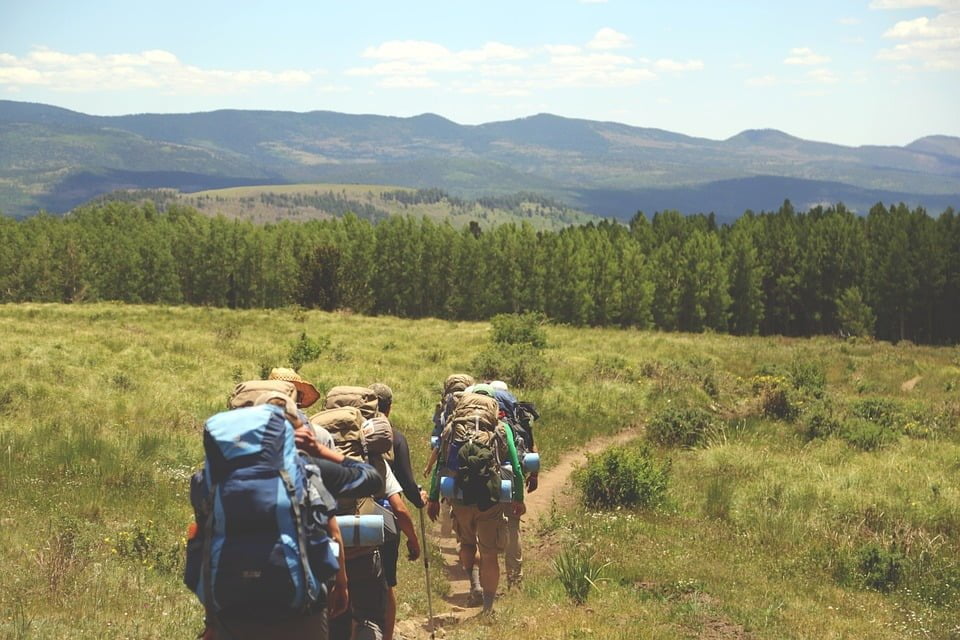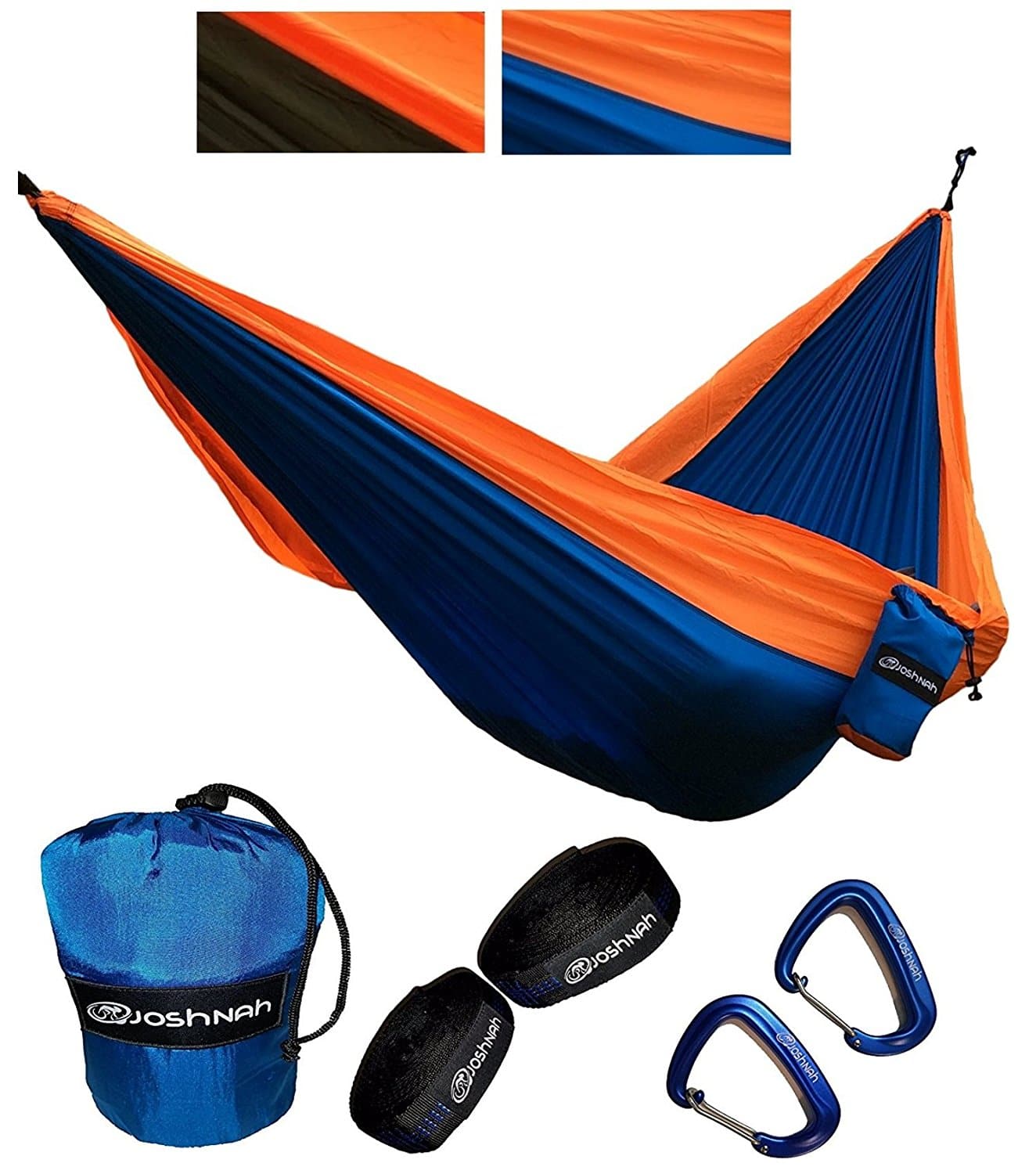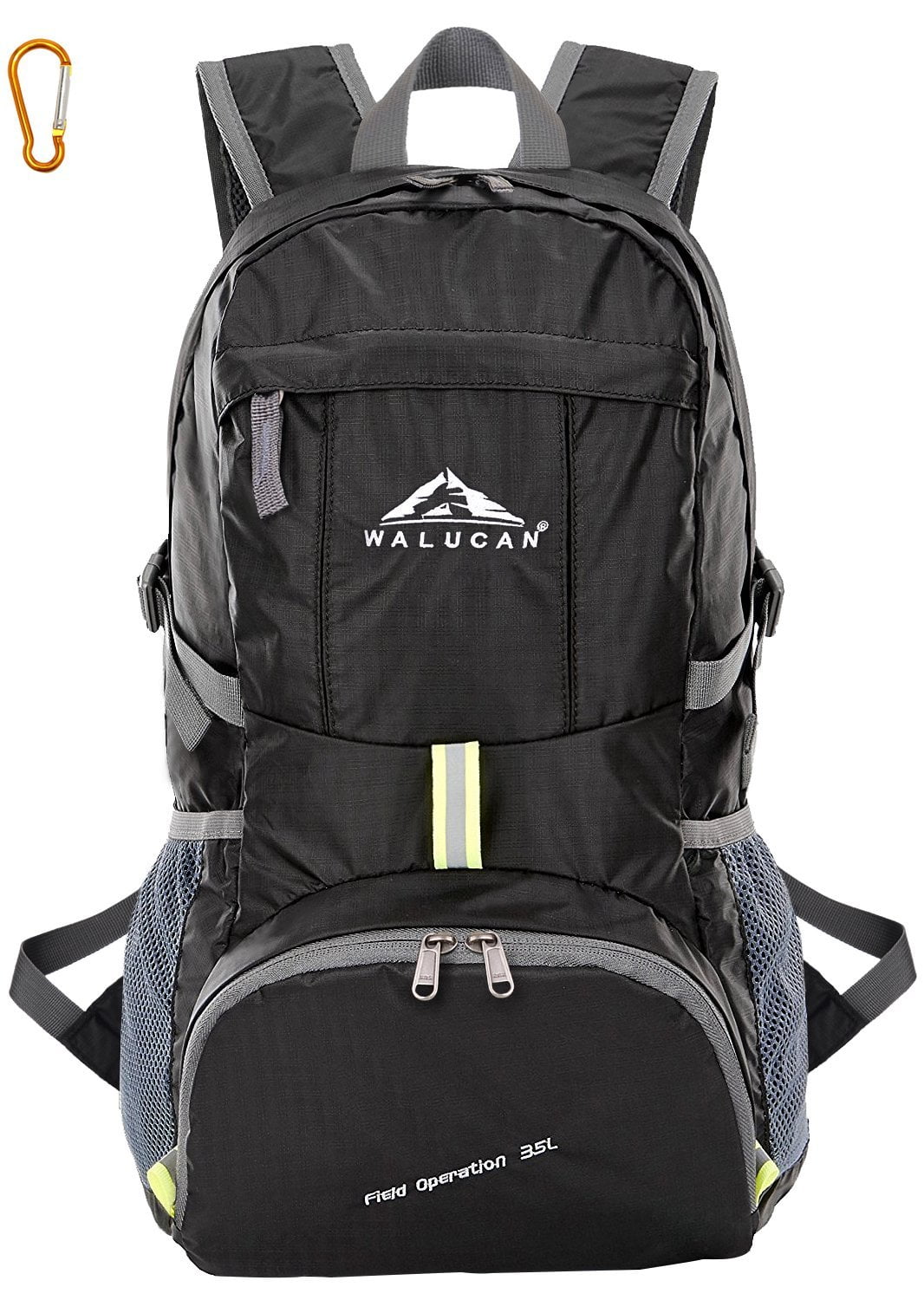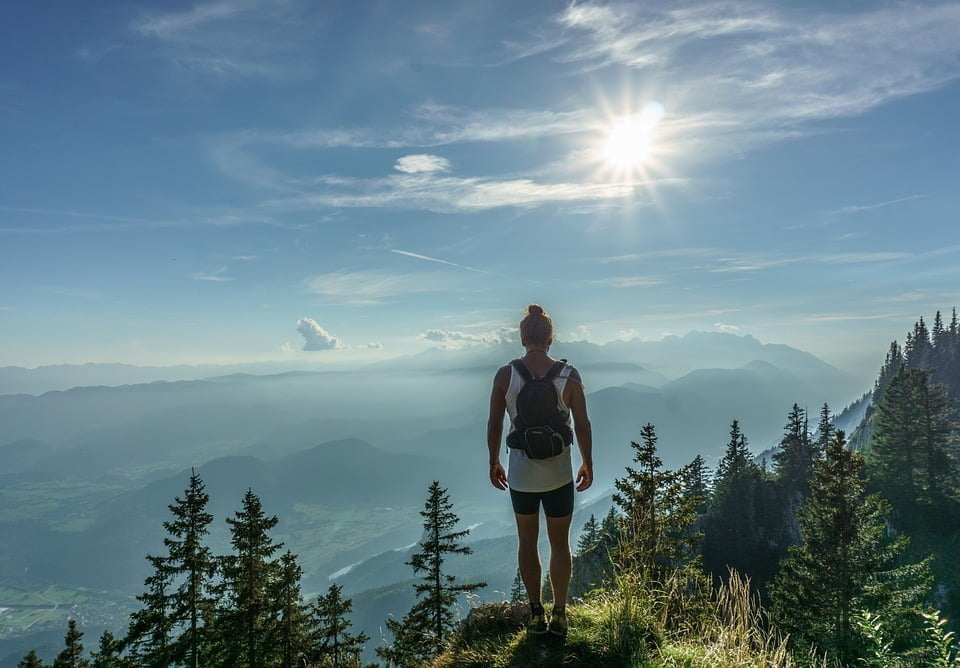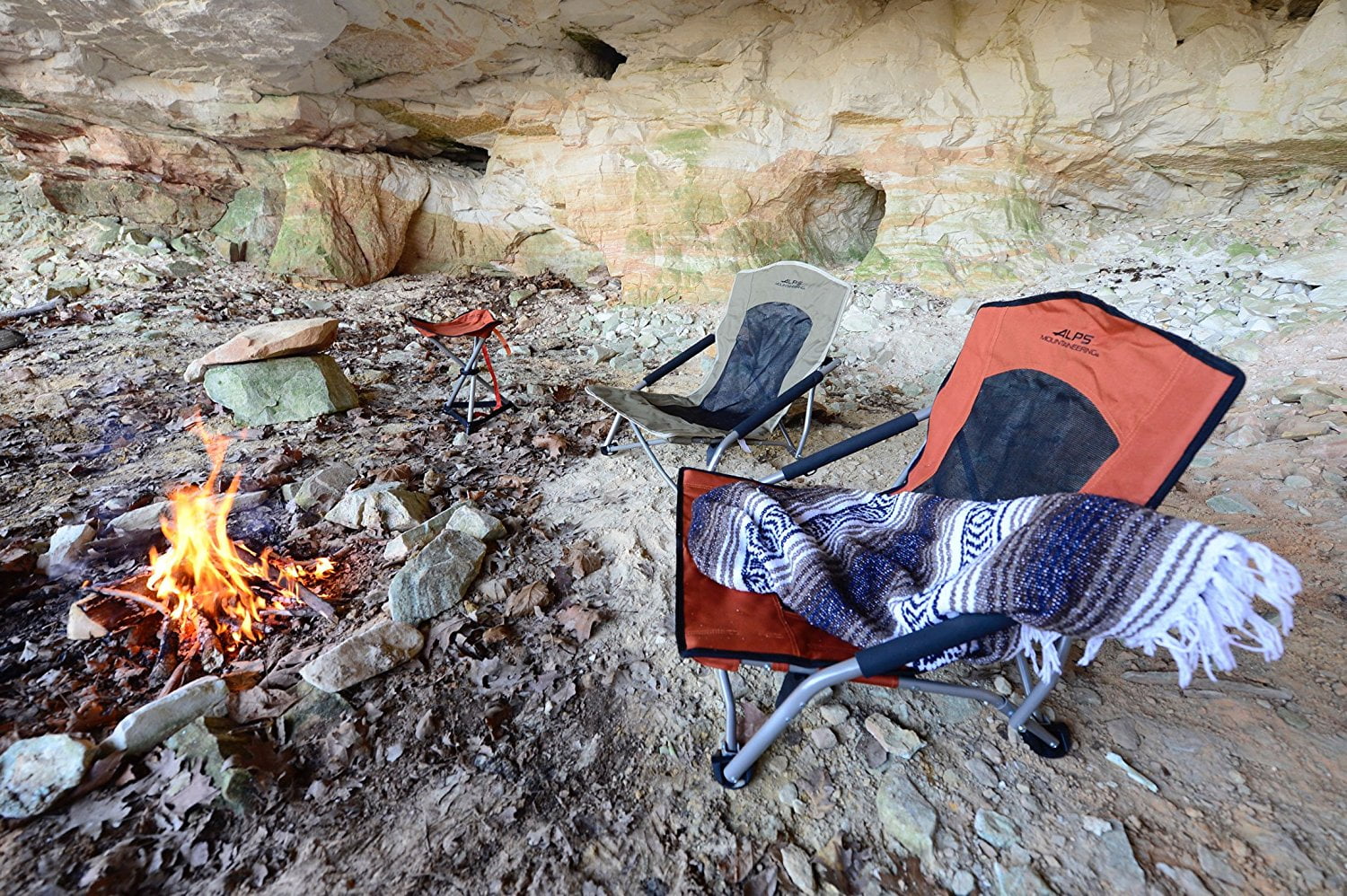There are a whole lot of factors that go into choosing a hiking backpack. It can be hard to narrow down your choices because there are so many different hiking backpacks on the market today. Some are meant for extended backpacking trips, while others might not be suitable for hiking trips more than a couple of days. Some backpacks are meant to be able to fit a lot of things inside them, and some are smaller and can carry less items. Of course, prices also vary depending on what you’re looking for. This article will hopefully help you choose which type of hiking backpack is best for you.
Choose a Hiking Backpack Big Enough for Your Trip
This is probably the first thing you need to think about when you’re looking for a hiking backpack. The reason this should be the first thing you consider is because it’s easier to rule out other backpacks quicker, so you can find the one you want. How long is your trip going to be? The size of your backpack should reflect the length of the trip you are planning for.
Overnight Backpack
Overnight backpacks are only meant to be able to fit overnight supplies. This means 1-2 nights for a trip. Overnight trips are quick and typically don’t require a lot of supplies. A 20-50 liter backpack should fit your needs. This should be able to successfully fit everything you need without any problems.
Weekend Backpack
Weekend backpacks are meant to be good for 2-3 nights. These backpacks are particularly useful if you frequently go hiking for extended weekends. Three day weekends like Memorial Day or Labor Day are great times for hiking trips. Weekend backpacks are usually 50-60 liter backpacks. You’ll have plenty of room for extra clothes, food, water, and shelter. No problem!
Multi-Day Backpack
You’re going to need a bigger backpack for a bigger trip. These backpacks are designed for 2-5 nights, perfect for small getaways or vacations. Multi-day backpacks are about 60-80 liters. This is a big backpack and can fit everything needed for a hiking vacation that lasts several days. You won’t be worried that there isn’t enough room with this backpack, there’ll be plenty of space for everything you need.
Extended Trip Backpack
Extended trips are more than 5 nights. This is a big trip that needs to be carefully planned and thought out. Extended trip backpacks includes anything that is more than 80 liters. This is a heavy duty backpack. It’ll be able to fit everything you need but chances are it’s not going to be light. Extended trip backpacks are meant to fit everything you need for 5 or more nights, typically this is quite a bit of stuff. That much stuff isn’t light. Be prepared for a heavy backpack, although most extended trip backpacks will make it as comfortable as possible.
Image Source: Pixabay
Find the Right Fit
Backpacks fit differently depending on your body type. Long or short torso, wide or narrow hips, there is a backpack that can fit you. Go to your nearest camping supply store for help in getting the fit just right.
Pack Size
The length of the backpack varies depending on your height. You’ll need to measure the length of your back from the base of your neck, to the top of your hips. This will help you decide which pack size is right for you. A wrong fit can result in a lot of unnecessary aches and pains during your hike. A proper fit is very important to ensure you’re as comfortable as you can be while you hike. Sizes range from extra small to extra large, depending on your measurements.
Hip Belt
The hip belt is very important because it’s where the bulk of the weight should be. A lot of people believe that the majority of the weight should be in the shoulders, that’s incorrect. Weight that is carried in the shoulders will start to be uncomfortable almost as soon as you start hiking. Put the backpack on and have the hip belt rest right above your hip bones. Tighten the hip belt so that it’s snug but not too tight. This will ensure that the weight is properly carried. A loose hip belt won’t do you any good; sinch that puppy up tight!
Shoulder Straps
Tighten the shoulder straps so that the backpack is touching your back. There should not be a big gap between you and the backpack. The shoulder strap fasteners are located at the bottom of the shoulder straps near your hips. Pull down on the tighteners to tighten them. Your shoulders should not be carrying the majority of the weight. If you feel like your shoulders are being pushed on too much, you’ll need to adjust the backpack so that some of the weight is taken off.
Load Lifter Straps
Load lifter straps are located near your shoulders or collarbones. Pull the load lifter straps if you feel like there’s too much pressure on your shoulders. The load lifter strap should make a 45° angle with the backpack. This will help all that extra weight get transferred off of your shoulders.
Sternum Strap
The sternum strap is located right at your chest. Most backpacks allow you to adjust the sternum straps height, as well as the tightness. Adjust the height of the sternum strap so that it rests right across your chest. Not too high by your collarbones, or too low across your ribs. Tighten the sternum strap until it fits snugly across your chest. Your arms should still be able to move freely without rubbing against any part of your backpack.
Image Source: Pixabay
Materials
There are lots of different materials for backpacks. The kind of material you choose will depend highly on where you’re going. A waterproof backpack is probably a good idea for a rainy climate. Backpacks that do better in the sun would make sense for a hot climate. Some materials are also easier to clean off, which makes it a lot easier when you get home and need to clean your backpack. Go to a camping store to get a feel of the different materials that hiking backpacks come in.
Weight
Hiking backpacks vary in weight. Lightweight backpacks are available and can make your hiking trip a lot more enjoyable. No one wants an unbearably heavy backpack. Extended trip backpacks should be big enough to be able to hold everything you need, but should also be as lightweight as possible to make the journey easier for you. The material of the backpack can influence the weight as well. There are heavier and lighter materials available.
A Word About Prices
The price of your hiking backpack depends largely on the size and quality you want. An extended trip backpack is going to cost more money than an overnight backpack. There are name brand backpacks that are going to cost more than other backpacks. Some people don’t care about brands and just want the cheaper deal, and that’s fine. However, if brand is important to you, go with the brand you trust. Typically the more expensive brands are higher quality and last a longer amount of time.
Summing Up
Don’t get overwhelmed when you’re trying to find a hiking backpack that is best for you. There are a lot of choices, but you can narrow them down to the ones that will benefit you the most. Make sure you try on a backpack and make sure it’s comfortable before you buy one. The right fit is so important. Look at the cost differences and decide which features and materials are most important to you. There are hiking backpacks that are waterproof, or do better in the sun. Take all of that into consideration depending on the type of trip you’re going to take. You’ll be able to find a backpack that gives you exactly what you want, helping you to have the best hiking experience possible.
Image Source: Pixabay
Related Article: Best Hiking Backpack – Find the Best One for You





